Summer Reading Events at the Library
In addition to encouraging children to read, read, read, this summer the Library will also sponsor seven enrichment events. These programs, designed to expose our youngest patrons to a wide variety of fun activities, are appropriate for ages up to fifth graders, but older children are welcome, too. All will take place at the Library, except for our visit to the Signal Mountain Playhouse next door to see a preview of the summer musical, “Seussical: The Musical.”
The summer events line-up is at right. Be sure to notice that all but one program will take place at 11 a.m., one program will take place on Wednesday, and one on Thursday. We encourage you to come early for easier parking and bring newcomers from your neighborhoods. Call the Library at (423) 886-7323 for more information. We hope to see you here!
Recently Added New Books
We have ordered lots of new books that we believe will appeal to our patrons, especially those who look forward to reading more often during the summer. It seems that while life does go on, in June, July, and August, people do find more time to read. Maybe it’s because there are so many books planned for publication just in time for some lazy days of vacation. What is more relaxing than reading by the pool or, if you’re lucky, the beach!
And for students and young readers, we have your school reading lists and most of the books listed on them. If you’d like help in picking out books for your children, just ask and our staff will be happy to oblige.
So, come browse our laden stacks, full of the latest fiction and nonfiction as well as standard favorites. And don’t forget to visit the Book Nook in our lower level, where you will find hundreds of great reads at bargain prices.
New Fiction
A dear friend recommended “Search” by Michelle Huneven. She was sure I would like it, and she was so right! The storyline follows a group of people who have been selected to nominate a new minister for their Unitarian/Universalist congregation.
Set in Los Angeles, the book delves into not only the methods of choosing a leader but also the personalities of those who are serving on the search committee. Amusing and insightful, the book unfolds in the voice of Dana, a restaurant critic and writer who has long belonged to the church. She takes the responsibility very seriously and resents the committee members who don’t.
Dana often regrets her decision to join this group of somewhat diverse people, but she has secretly decided that she will write a book about her experience and spice it up with recipes of the meals the members serve each other at their frequent meetings. Therefore, the desire to publish another book drives her commitment almost as much as her devotion to finding a preacher who is the perfect fit.
Church politics, human nature, and the factions within the committee are very believable, and the drama that they create will keep you turning pages until the end. This is Whiting Award winner Huneven’s fifth novel.
Lee Smith is well known on the literary scene and has been here many times to light up the memorable Chattanooga Conference on Southern Literature. Those of us lucky enough to have heard her speak and to have read her many books know well how delightful she is and how poignant and fulfilling her novels are.
Now she has a much-anticipated new book, “Silver Alert,” and the only problem I have with it is that I wish it were twice as long. Readers will applaud and truly care about the eccentric characters she has created for this funny and poignant story.
Set in Key West, “Silver Alert” finds an elderly man, Herb Atlas, living with his stunning wife, Susan, who is rapidly disappearing into dementia. When Herb hires a young woman, DeeDee (who calls herself Renee), to come to his posh house to be his wife’s manicurist, he is surprised to see how DeeDee is able to reach his poor Susan.
There is certainly more to DeeDee than meets the eye. She has an ingrained naivety and a checkered past, but, above all, she is kind and believes that, despite her former mistakes, things will work out for her. She and Herb have an unlikely affinity for each other, which leads to an ill-planned joy ride and an unexpected denouement.
Smith is a writer who plays on her readers’ compassion. Her characters may not be anyone you actually know, but they are understandable and familiar, and you pull for them. I am so glad she wrote “Silver Alert” and hope there are more books in her fertile imagination just waiting to be released. Her fans will certainly rejoice!
In addition to encouraging children to read, read, read, this summer the Library will also sponsor seven enrichment events. These programs, designed to expose our youngest patrons to a wide variety of fun activities, are appropriate for ages up to fifth graders, but older children are welcome, too. All will take place at the Library, except for our visit to the Signal Mountain Playhouse next door to see a preview of the summer musical, “Seussical: The Musical.”
The summer events line-up is at right. Be sure to notice that all but one program will take place at 11 a.m., one program will take place on Wednesday, and one on Thursday. We encourage you to come early for easier parking and bring newcomers from your neighborhoods. Call the Library at (423) 886-7323 for more information. We hope to see you here!
Recently Added New Books
We have ordered lots of new books that we believe will appeal to our patrons, especially those who look forward to reading more often during the summer. It seems that while life does go on, in June, July, and August, people do find more time to read. Maybe it’s because there are so many books planned for publication just in time for some lazy days of vacation. What is more relaxing than reading by the pool or, if you’re lucky, the beach!
And for students and young readers, we have your school reading lists and most of the books listed on them. If you’d like help in picking out books for your children, just ask and our staff will be happy to oblige.
So, come browse our laden stacks, full of the latest fiction and nonfiction as well as standard favorites. And don’t forget to visit the Book Nook in our lower level, where you will find hundreds of great reads at bargain prices.
New Fiction
A dear friend recommended “Search” by Michelle Huneven. She was sure I would like it, and she was so right! The storyline follows a group of people who have been selected to nominate a new minister for their Unitarian/Universalist congregation.
Set in Los Angeles, the book delves into not only the methods of choosing a leader but also the personalities of those who are serving on the search committee. Amusing and insightful, the book unfolds in the voice of Dana, a restaurant critic and writer who has long belonged to the church. She takes the responsibility very seriously and resents the committee members who don’t.
Dana often regrets her decision to join this group of somewhat diverse people, but she has secretly decided that she will write a book about her experience and spice it up with recipes of the meals the members serve each other at their frequent meetings. Therefore, the desire to publish another book drives her commitment almost as much as her devotion to finding a preacher who is the perfect fit.
Church politics, human nature, and the factions within the committee are very believable, and the drama that they create will keep you turning pages until the end. This is Whiting Award winner Huneven’s fifth novel.
Lee Smith is well known on the literary scene and has been here many times to light up the memorable Chattanooga Conference on Southern Literature. Those of us lucky enough to have heard her speak and to have read her many books know well how delightful she is and how poignant and fulfilling her novels are.
Now she has a much-anticipated new book, “Silver Alert,” and the only problem I have with it is that I wish it were twice as long. Readers will applaud and truly care about the eccentric characters she has created for this funny and poignant story.
Set in Key West, “Silver Alert” finds an elderly man, Herb Atlas, living with his stunning wife, Susan, who is rapidly disappearing into dementia. When Herb hires a young woman, DeeDee (who calls herself Renee), to come to his posh house to be his wife’s manicurist, he is surprised to see how DeeDee is able to reach his poor Susan.
There is certainly more to DeeDee than meets the eye. She has an ingrained naivety and a checkered past, but, above all, she is kind and believes that, despite her former mistakes, things will work out for her. She and Herb have an unlikely affinity for each other, which leads to an ill-planned joy ride and an unexpected denouement.
Smith is a writer who plays on her readers’ compassion. Her characters may not be anyone you actually know, but they are understandable and familiar, and you pull for them. I am so glad she wrote “Silver Alert” and hope there are more books in her fertile imagination just waiting to be released. Her fans will certainly rejoice!

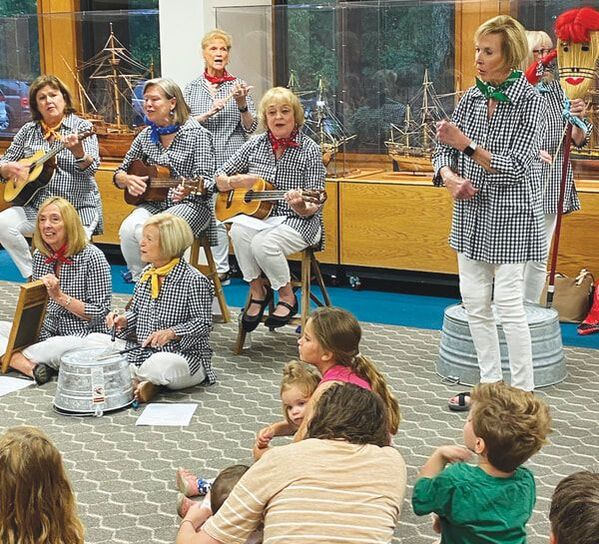

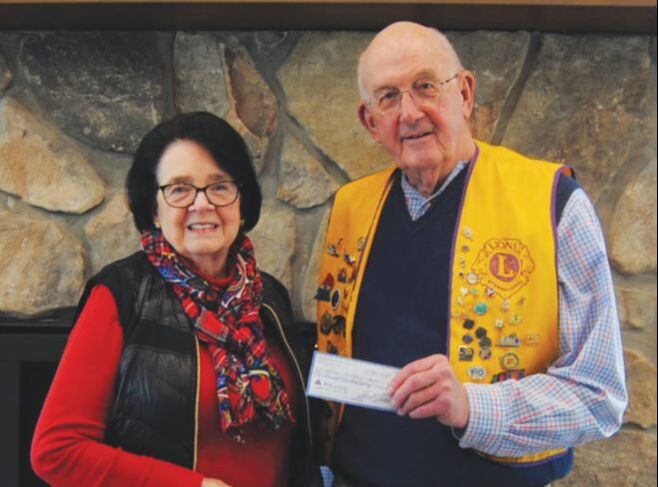
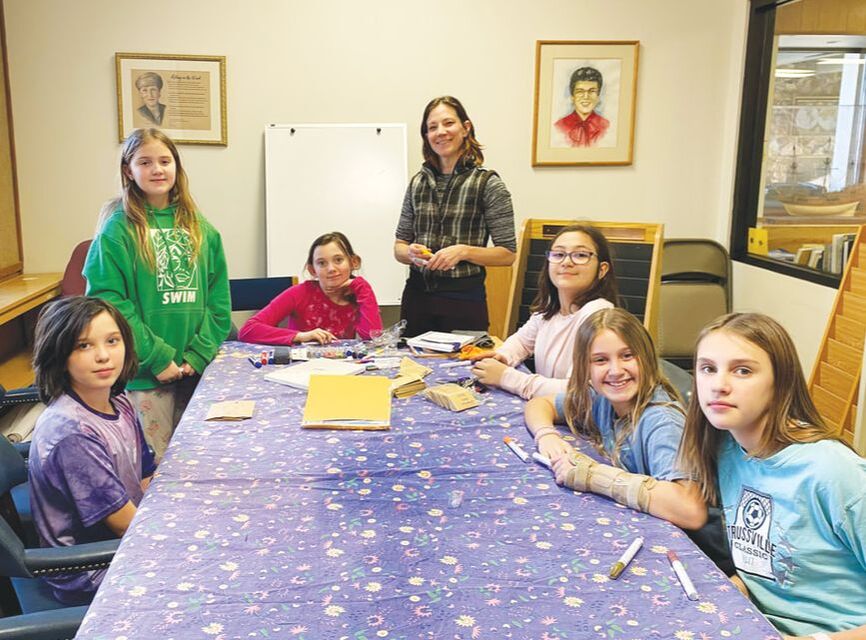
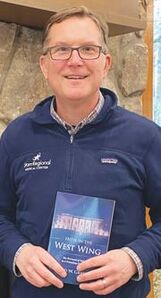

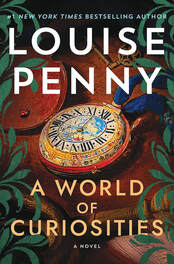
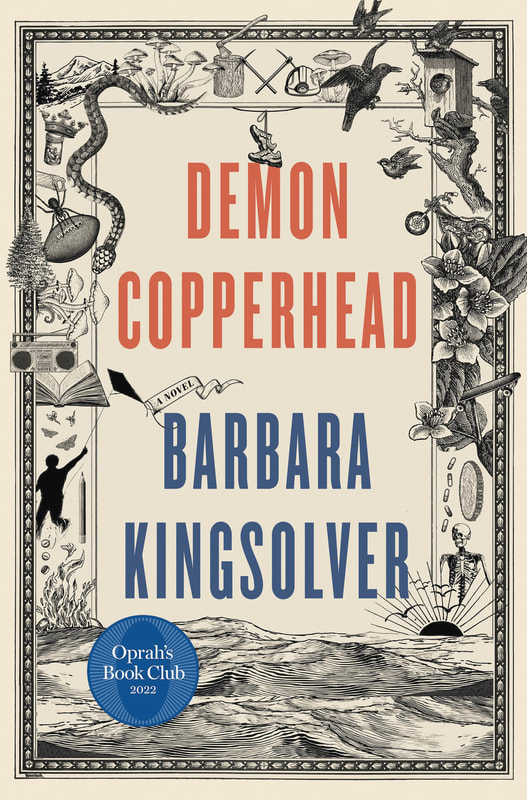
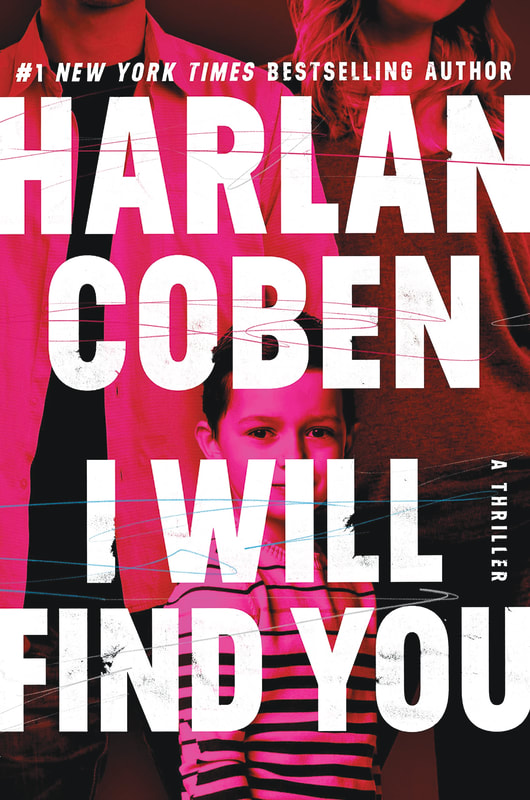
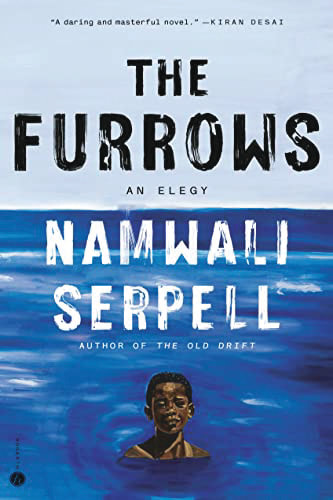
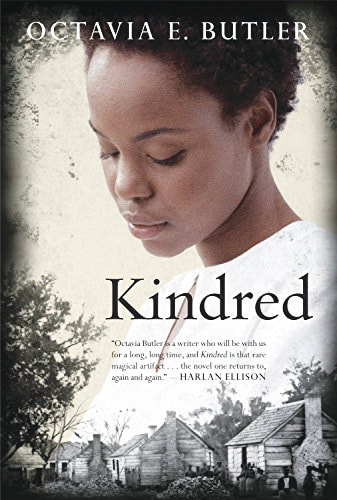
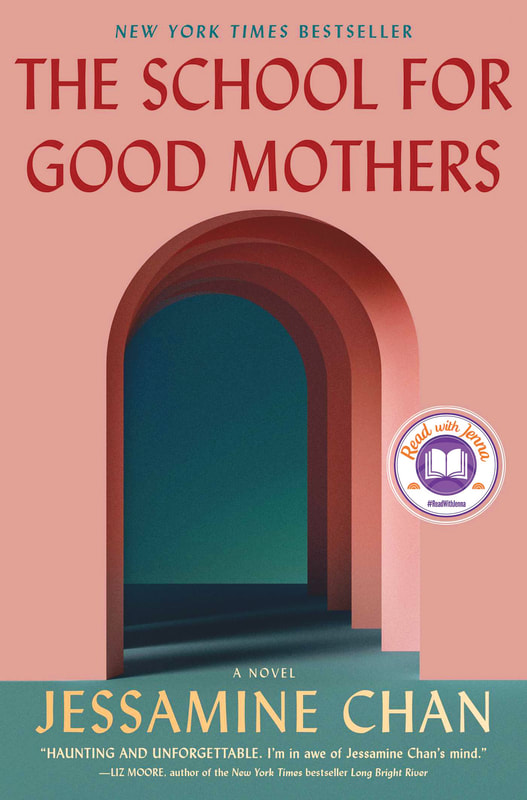
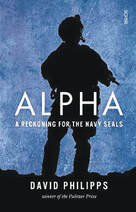
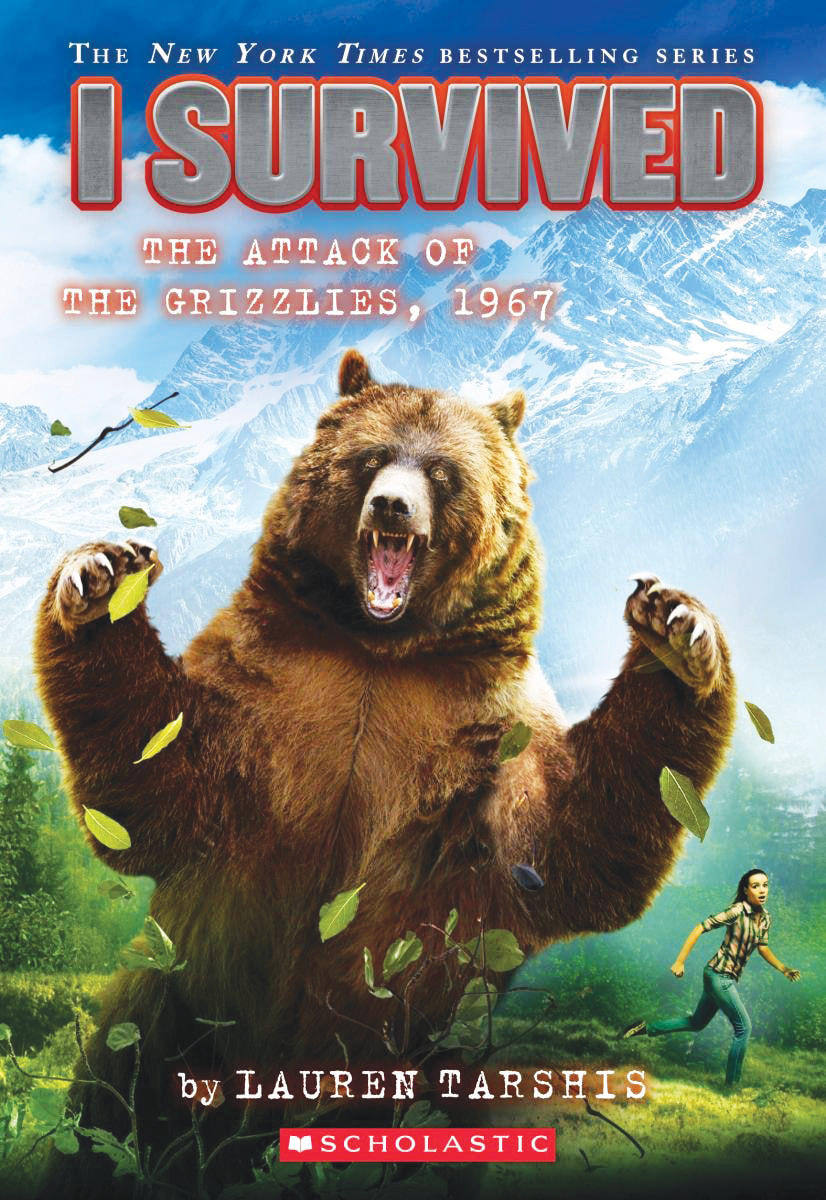
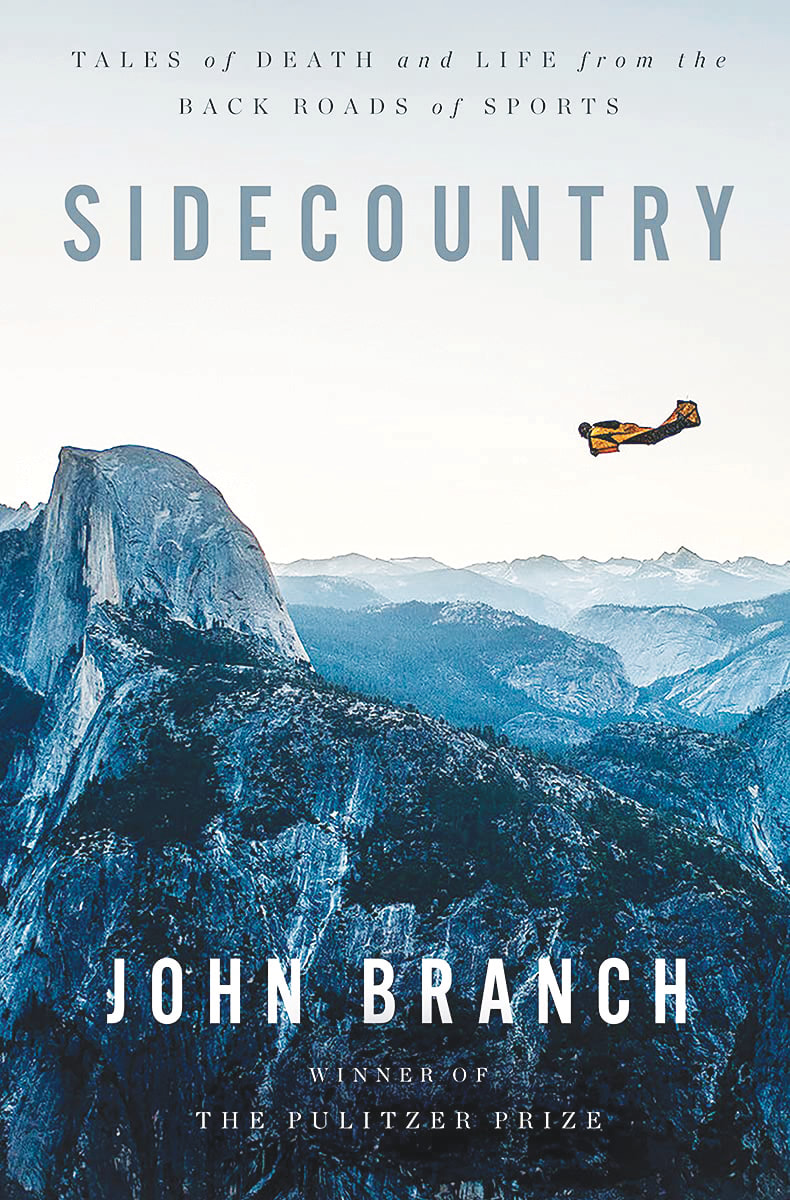
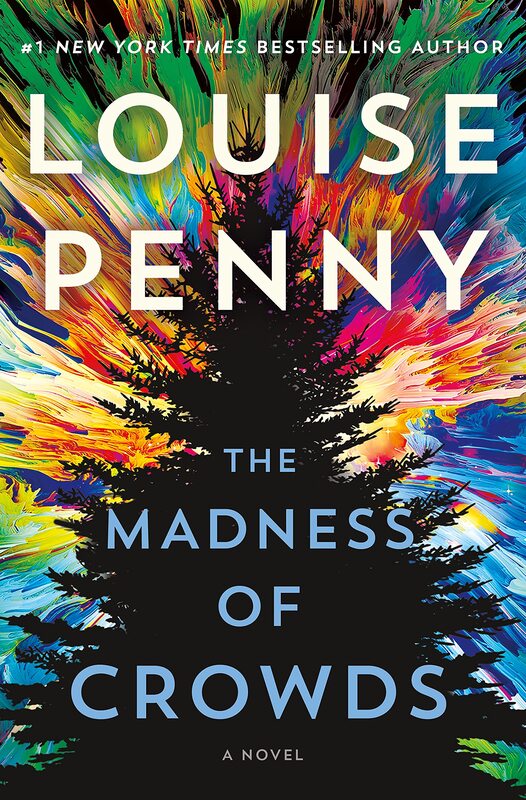
 RSS Feed
RSS Feed